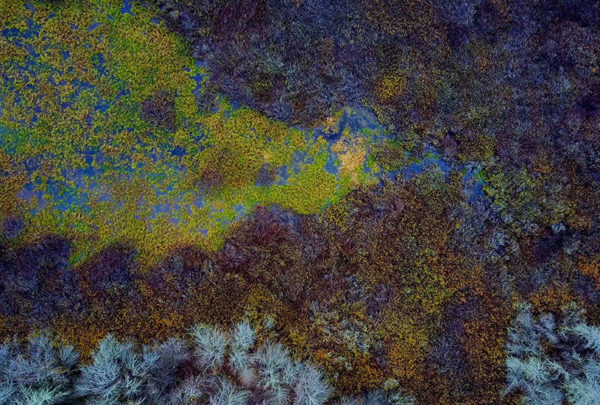
So, what is a wetland?
Defining a wetland is a difficult task, even for scientists today.

Defining a wetland is a difficult task, even for scientists today.
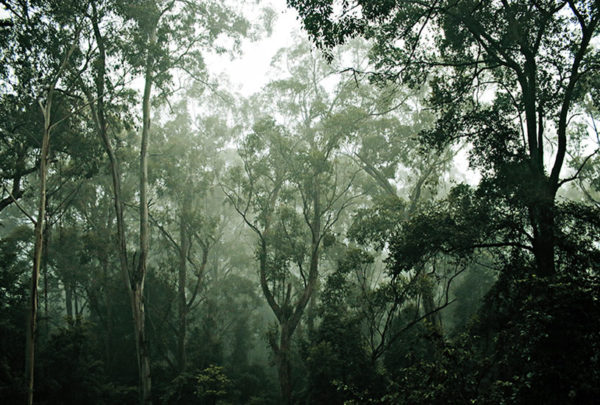
Current legislation is failing dismally to recover the population of species lost to bring them out of their endangered states.

Deakin experts call for more action to save nature before it’s too late.
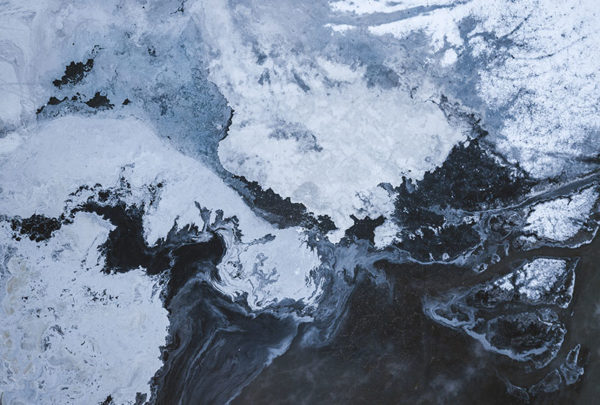
We hear quite a bit about the conservation of threatened species, but what’s being done to save the ecosystems they live in?

And can sharks and humans truly coexist?

We often think of the future as a distant planet, something so far away and alien that it’s too hard to comprehend.
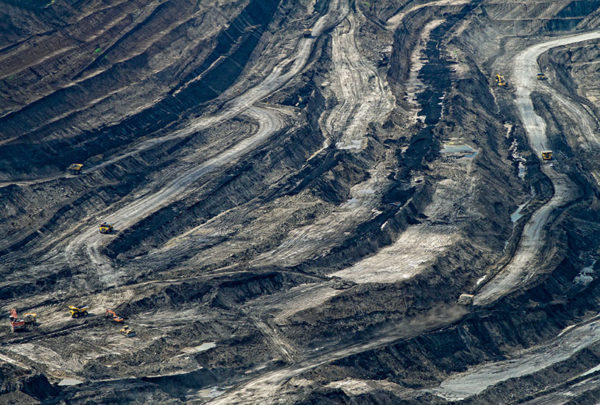
The time for developing new coalmines is over.

Accelerometers, video cameras and GPS recorders are providing a new glimpse into penguin foraging behaviour.
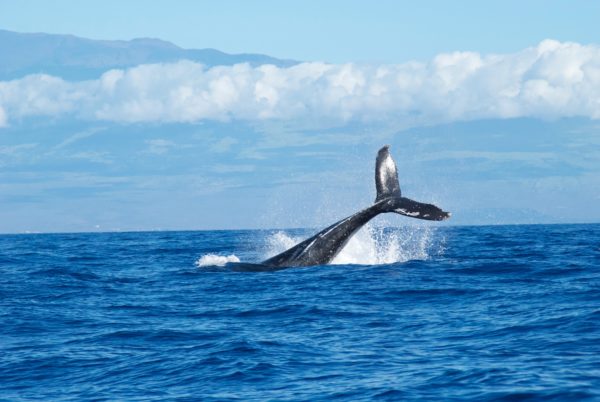
Killer whales are expanding their role as an apex predator to the very depths of the ocean.

When it comes to crossing the ocean, all marine megafauna seem to use the same navigational compass – the sun.
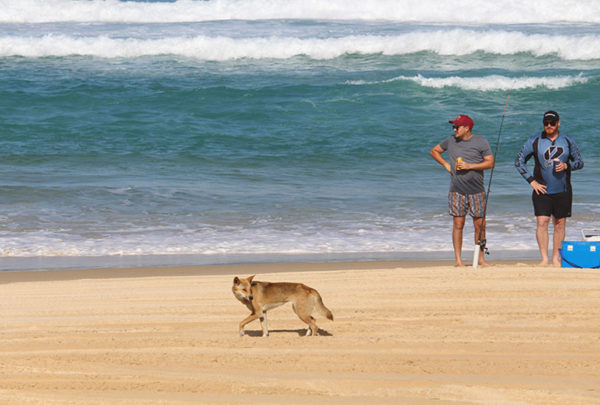
A major study has revealed a huge variation in dingo diets, and their predation of threatened species.

Global warming is having a significant effect on of the world’s most delicate ecosystems – the tundra of arctic and alpine areas.
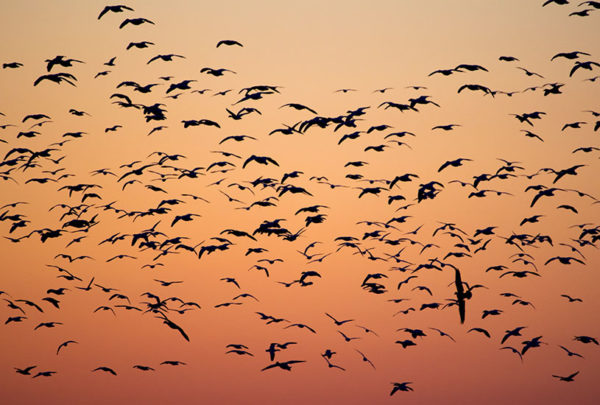
Deakin research linking early trauma in birds with their ability to remember important songs used for survival could have implications for human development.
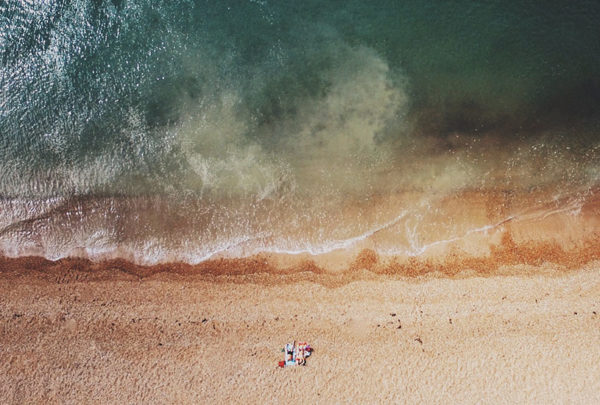
Deakin University is training its own army of citizen scientists to monitor the effects of climate change on Victorian coastlines.
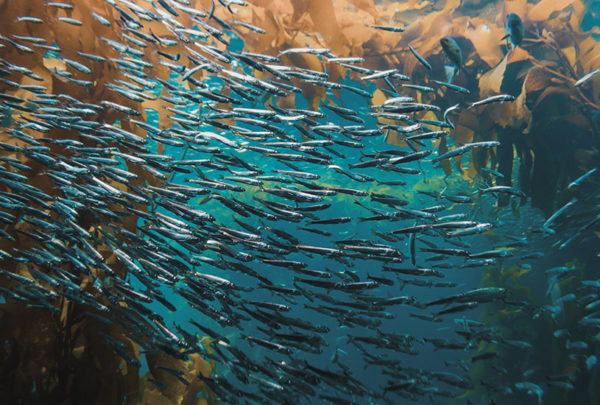
Dr Timothy Clark is set to investigate one of the most profound issues facing global fish populations.

Deakin chemists are on the brink of understanding the real chemistry of attraction in mussels.